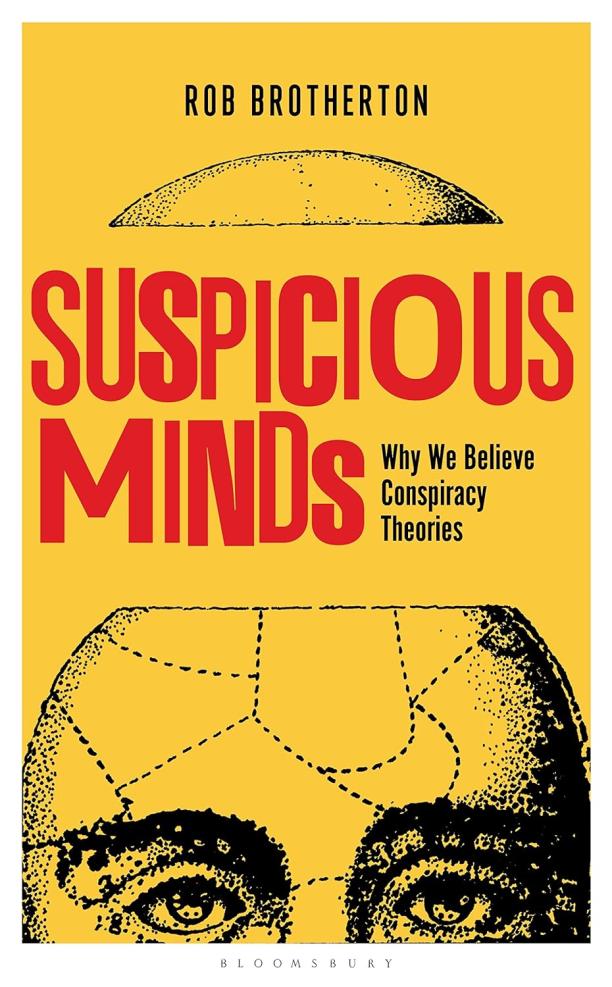Summary:
The book delves into the psychological mechanisms that predispose people to believe in conspiracy theories, exploring how certain biases and cognitive shortcuts can lead to the endorsement of alternative explanations for events. It also examines the historical and cultural contexts that contribute to the proliferation of these theories, offering insights into why they are so appealing and persistent in society.
Key points:
1. Patternicity: We often see patterns in random data, leading us to imagine connections and conspiracies where none exist.
Books similar to "Suspicious Minds":
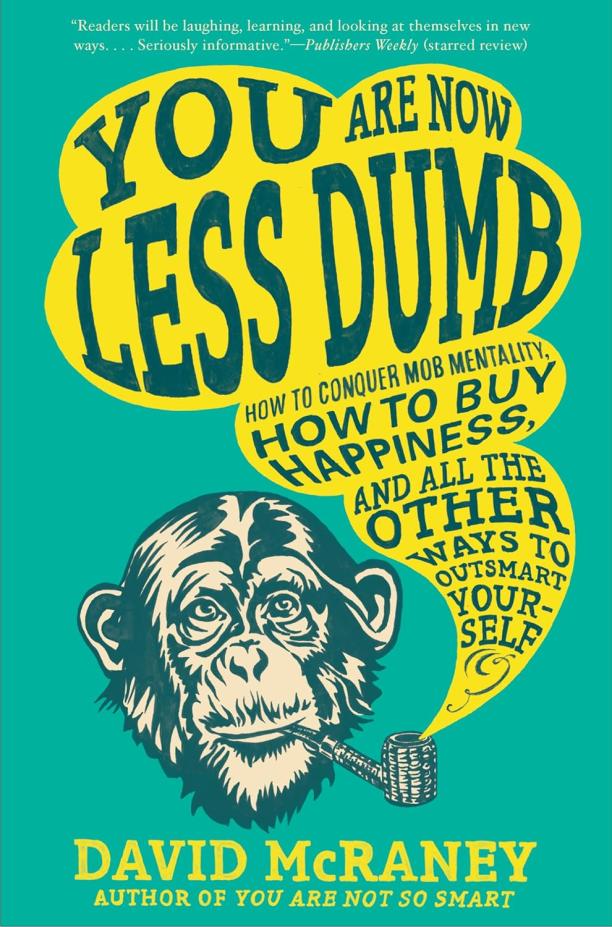
You Are Now Less Dumb
David McRaney

You Are Not So Smart
David McRaney
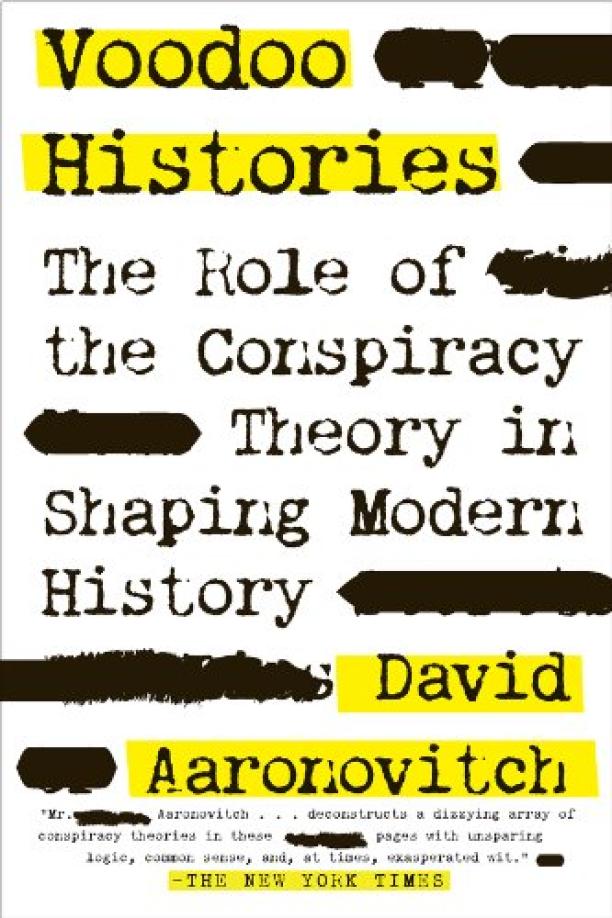
Voodoo Histories
David Aaronovitch
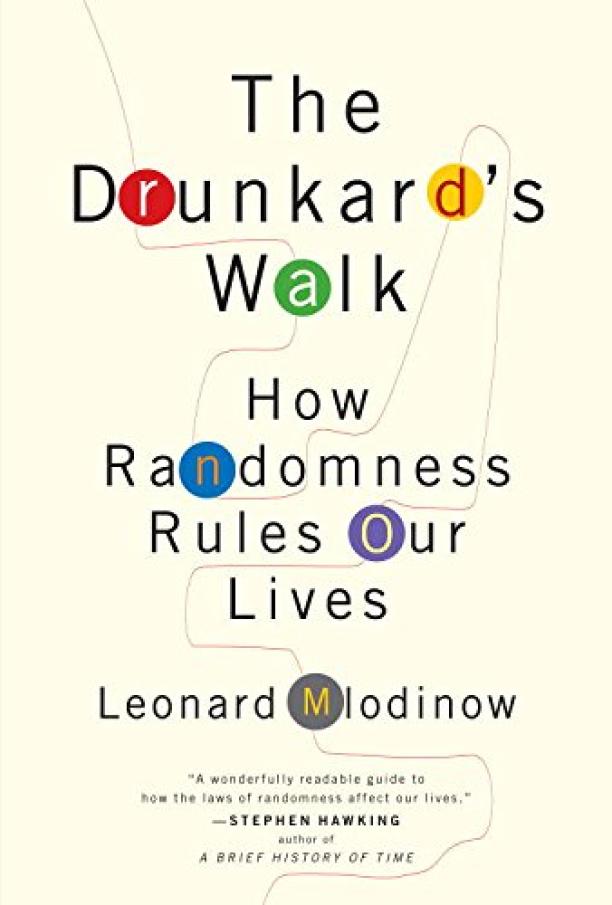
The Drunkard's Walk
Leonard Mlodinow
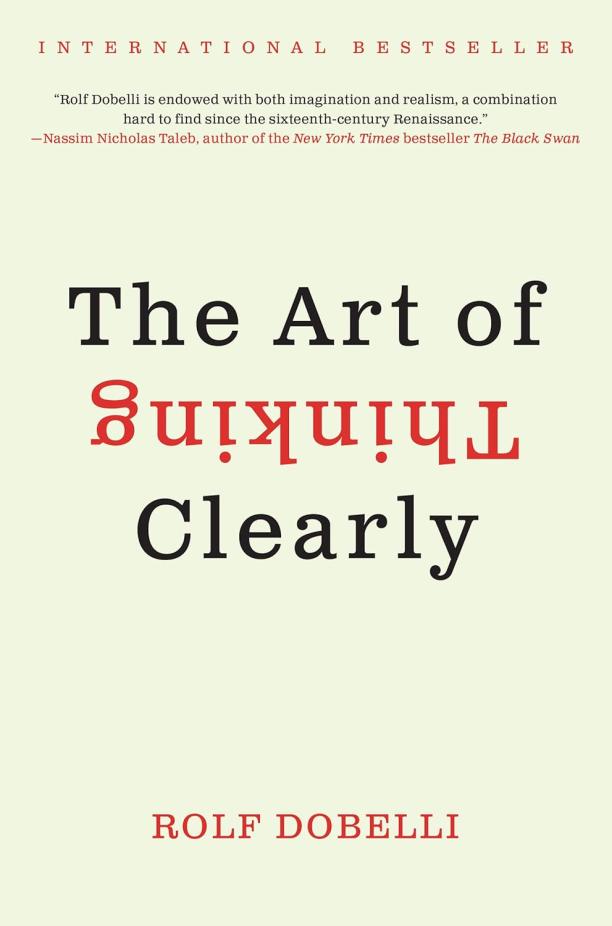
The Art of Thinking Clearly
Rolf Dobelli
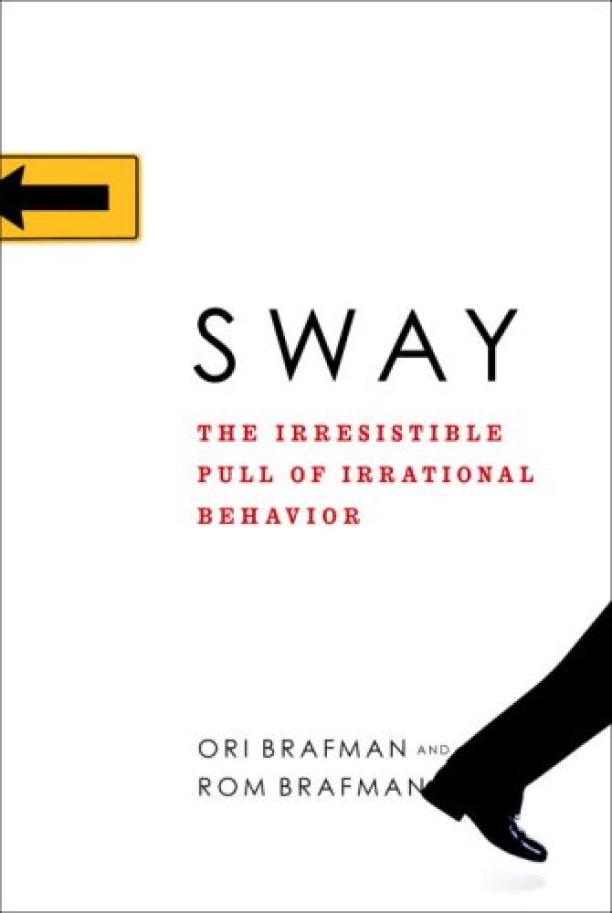
Sway
Ori Brafman|Rom Brafman
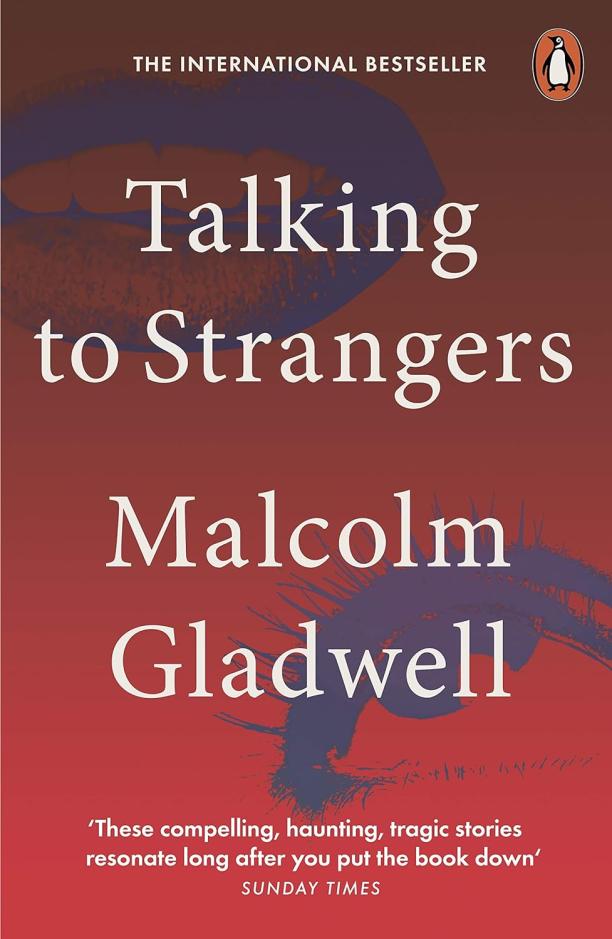
Talking to Strangers
Malcolm Gladwell
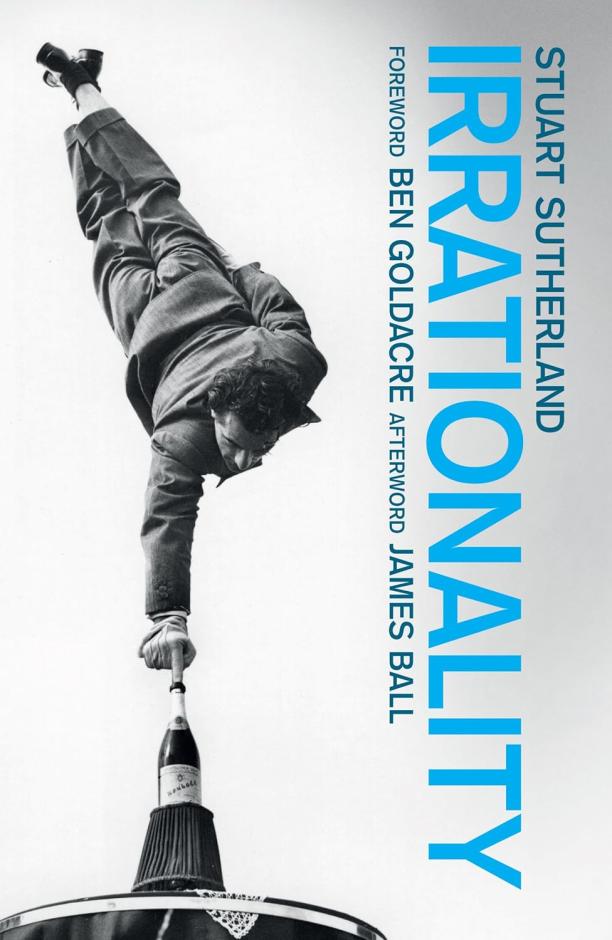
Irrationality
Stuart Sutherland
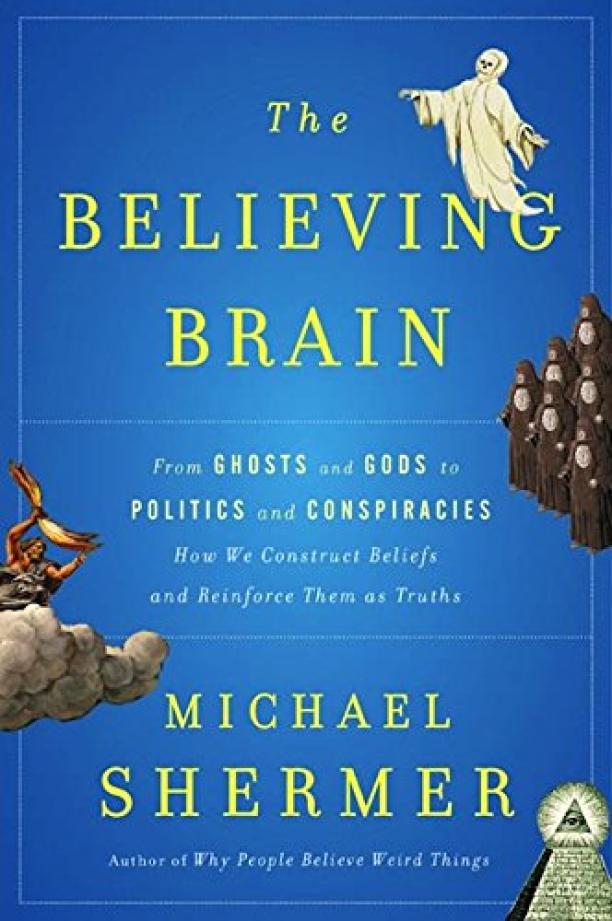
The Believing Brain
Michael Shermer
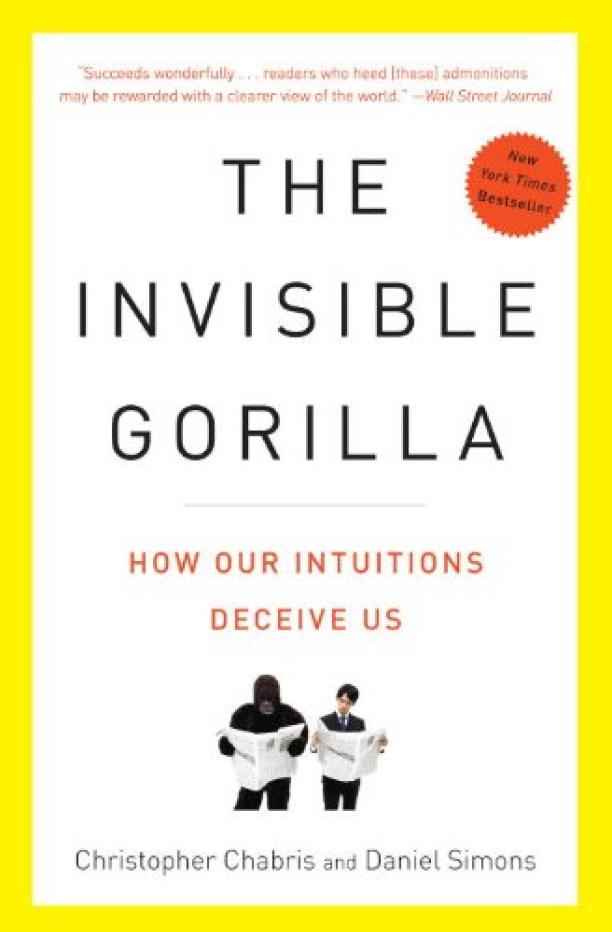
The Invisible Gorilla
Christopher F. Chabris
